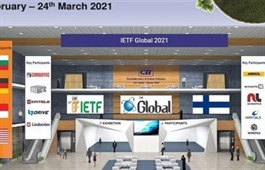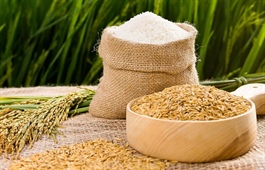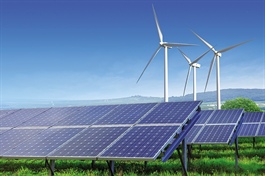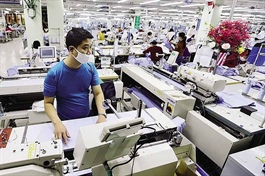Agricultural co-operatives benefit hugely from investment in technology: experts
Agricultural co-operatives benefit hugely from investment in technology: experts
Many agricultural cooperatives have achieved high safety standards and quality in recent years thanks to their increasing adoption of technology, enabling them to achieve sustainability and improve farmers’ incomes. 
According to Lam Ngoc Tuan, chairman of the Tuan Ngoc Agriculture Cooperative in HCM City’s District 9, his members use hydroponic vegetable cultivation techniques and achieve high yields, are not afraid of inundation during rains and high tides, grow plants evenly compared to those grown in soil, and plant the next crop right after harvest without waiting to prepare soil, increasing the number of crops in a year.
The average yield of hydroponic vegetables is VND500 million (US$21.500) per hectare per year, 45 per cent higher than soil.
Experts say new technologies are key to advancing the agriculture sector since they could boost value to make produce more competitive in the global market.
In recent years there has been increasing investment in advanced farm technologies, resulting in aquaculture farms breeding high-quality and high-yield fish varieties like crayfish and tilapia and flower and fruit farms using net houses, greenhouses, hydroponics, and microbiological fertilisers and pesticides.
But farms find it hard to expand due to the lack of agricultural land in HCM City amid the rapid urbanisation.
Besides, many are stymied by the Land Law, which does not allow any construction on agriculture lands.
Huynh Van Thanh, director of the Can Gio Tuong Lai Cooperative in Can Gio District, said that he proposed the competent authorities to allow cooperatives to construct on agricultural lands.
Viet Nam seeks to be among the 15 top agricultural countries in the world by 2030 and top 10 agri-processing countries.
To achieve them, the Government issued a resolution in 2019 with measures to encourage businesses to invest in effective, safe and sustainable agriculture to integrate globally.
Farm exports are expected to reach US$50-51 billion by 2025 and $60-62 billion by 2030.
To implement the target, the Ministry of Agriculture and Rural Development will recommend policies to attract investment in the agricultural and fishery processing industries.
Ha Van Thang, chairman of the Viet Nam Agriculture Businesses Association, said most businesses want a clear legal framework for high-tech farming, incentives such as simplifying loan procedures to easily borrow from banks.
Experts said to attract investment in agriculture it is necessary to drastically cut administrative procedures and improve the business environment.

























